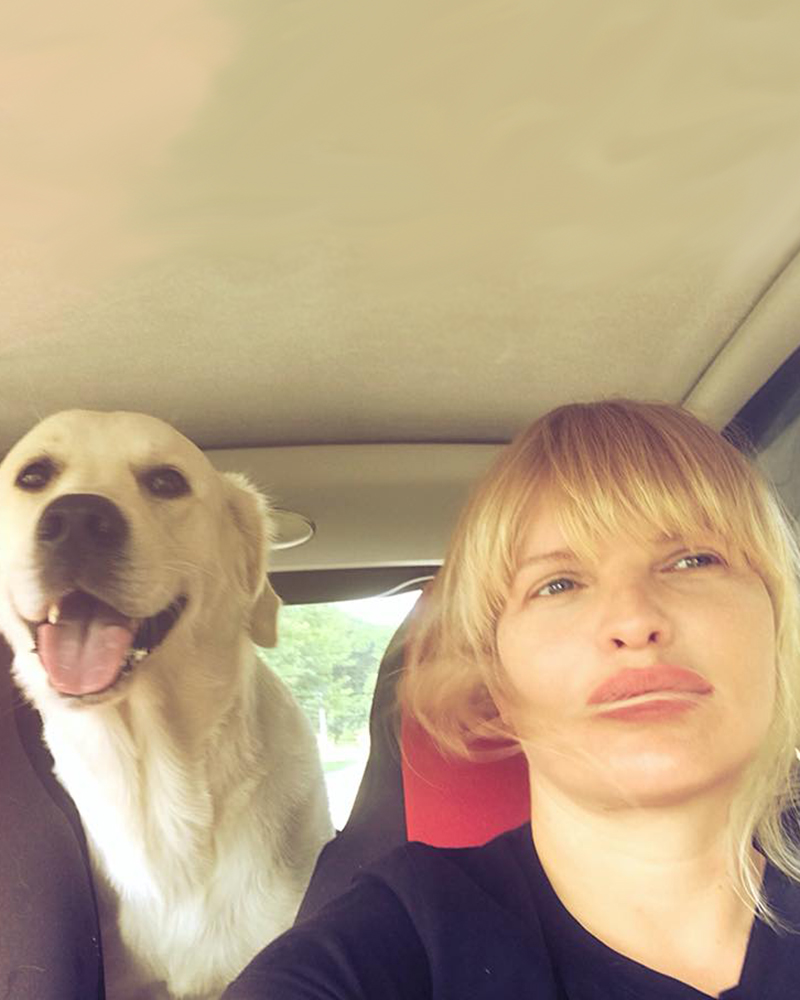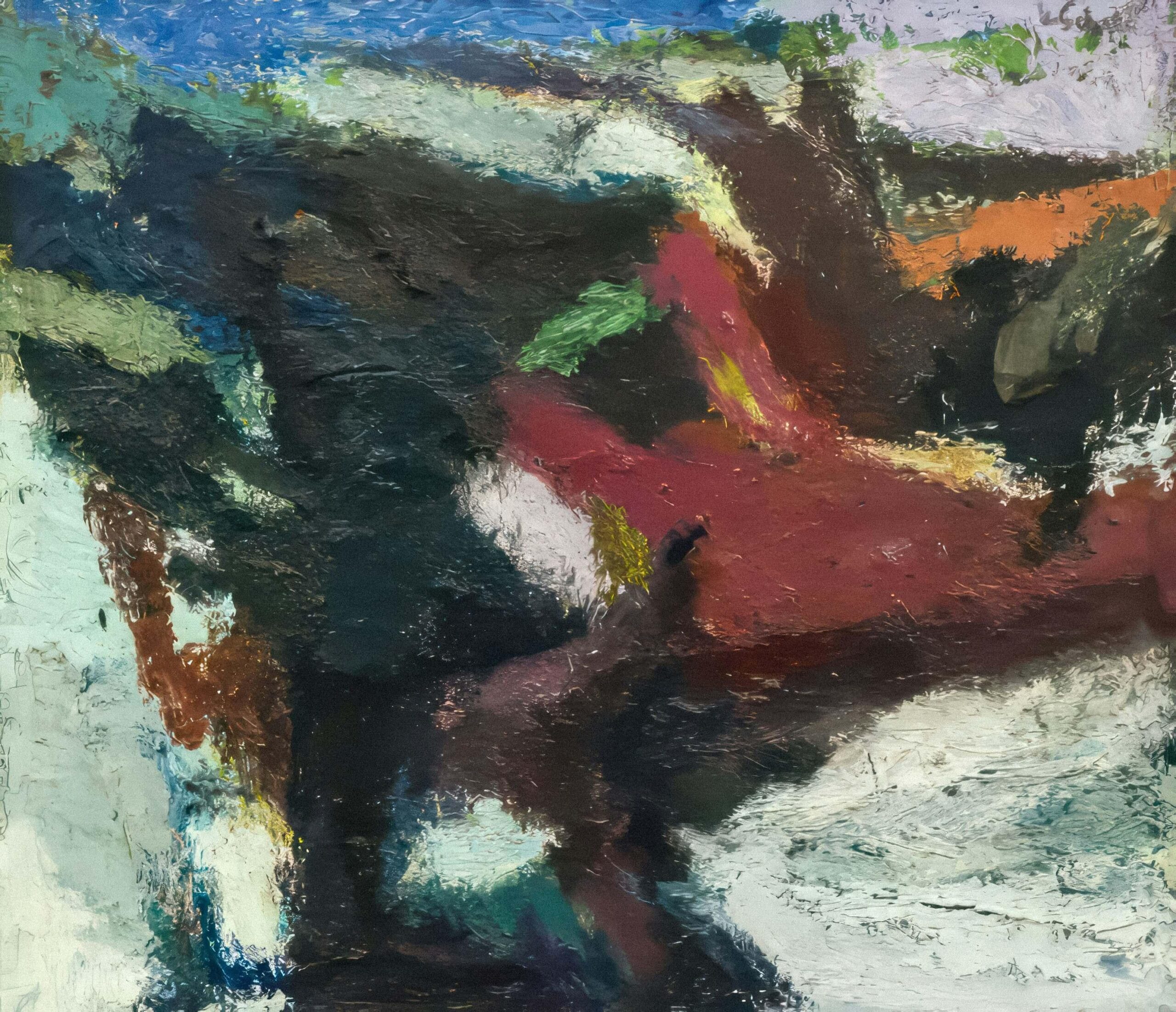Anita Djukic and Little Rescue House

Anita Djukic is the founder of Little Rescue House, which has been helping dogs in the streets and shelters of Serbia. Anita writes that “the mission of this project is to improve the living conditions of dogs in villages, inform the public about legal obligations, and encourage responsible ownership.” Anita received a CAF grant to hold public gatherings to educate people about the importance of chipping, vaccinating, and sterilizing dogs.
In September 2022, Anita sent us an update of her work. She wrote:
The Little Rescue House visited four villages in Central Serbia. Our activists talked to the residents of each village about abandoned animals and the reasons why people from the village throw dogs out into the street. We conducted a survey and found out that no inspector had ever visited these villages and no one had ever been punished for abusing, neglecting, and throwing dogs out into the street. The villagers didn’t even know that chipping and vaccination of the owner’s animals was mandatory by law. They told us that no one had ever come to discuss this topic with them. We conducted two campaigns on social networks, we hired a designer who made video material for us, and hired the media to publicize our campaigns. The first campaign was called “Report Then Publish,” and it urged people who witnessed animal abuse to first call the authorities and report the violation of the law, and only then post on social networks. Another campaign, called “To Make the Invisible Visible,” described the plight of abandoned dogs in the city shelter. The shelter workers did not publish photos of the dogs for ten years and the public could not see them except when our association visited. With the campaign, we put pressure on the management of the city shelter to start publishing photos of the dogs so that these dogs could find homes. Along with the campaign, we launched a petition “We Want Photos of Dogs from the City Shelter,” after which we were invited to a meeting and the shelter verbally agreed that it would start publishing photos. Our analysis, which we are conducting thanks to CAF’s support, has so far shown that the biggest producers of abandoned animals in Serbia are villages and rural areas where dogs are treated as objects to guard yards. Education about sterilization does not exist. No one comes to talk to people about the Animal Welfare Act. No one punishes them. There is no awareness of animal welfare. For now, our conclusions are as follows: education is necessary, but so is free sterilization and chipping.
In her final report in December 2022, Anita concluded that in spite of filing reports against abusers, and petitioning and meeting with the government to enforce the Animal Welfare Act, she and her team were met with hostility, indifference, or incomprehension. Nonetheless, she says, “the path we followed—education, conversation, organization and promotion of campaigns, letters to state authorities—is the path we should continue.”
Anita’s educational effort to improve the well-being of dogs is shared with Bjørn Kristensen‘s ethnographic project, which centers the perspective of street dogs from Cusco, Perú.
